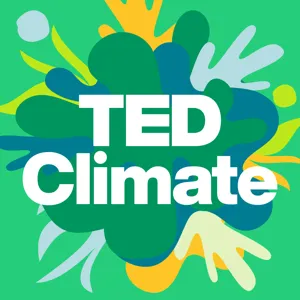Who Pays the Bill for Climate Change?

Last month at COP27, the U.N. climate change conference, a yearslong campaign ended in an agreement. The rich nations of the world — the ones primarily responsible for the emissions that have caused climate change — agreed to pay into a fund to help poorer nations that bear the brunt of its effects.
In the background, however, an even more meaningful plan was taking shape, led by the tiny island nation of Barbados.
Guest: David Gelles, a climate correspondent for The New York Times.
Background reading:
- As global warming delivers cascading weather disasters, leaders at U.N. climate talks said it’s time to radically overhaul the World Bank and International Monetary Fund.
For more information on today’s episode, visit nytimes.com/thedaily. Transcripts of each episode will be made available by the next workday.




